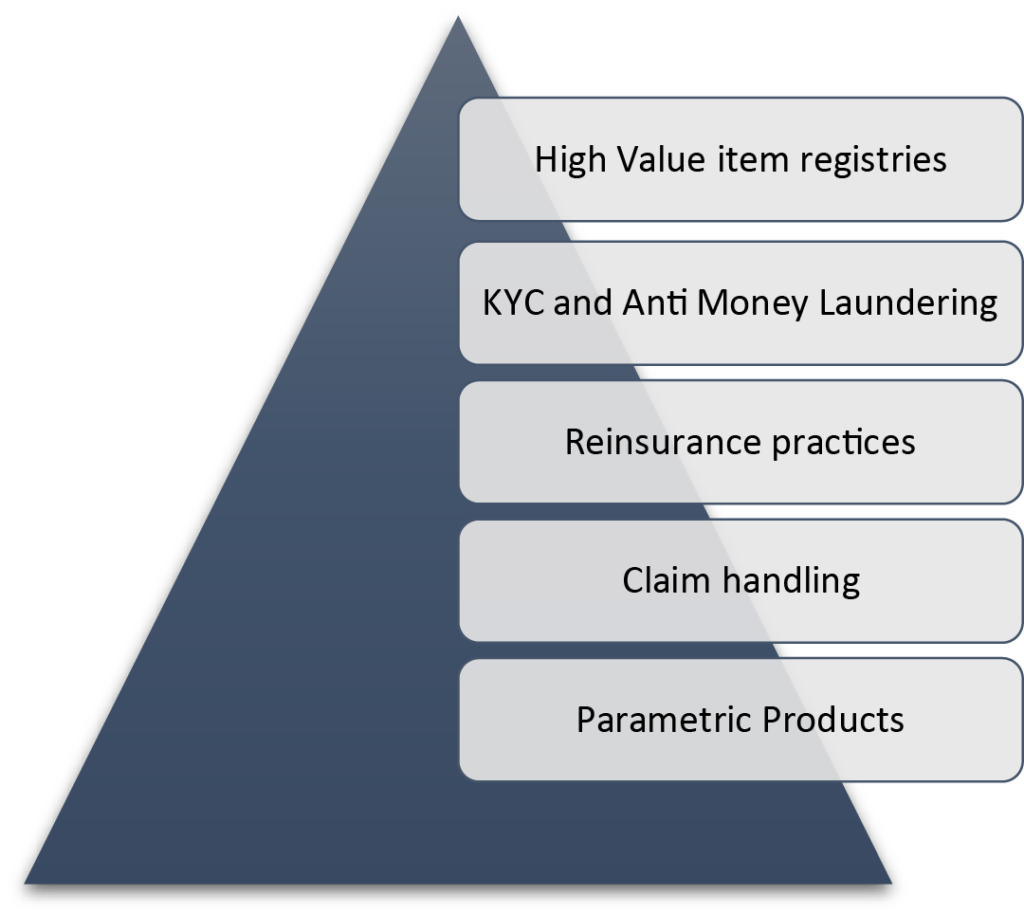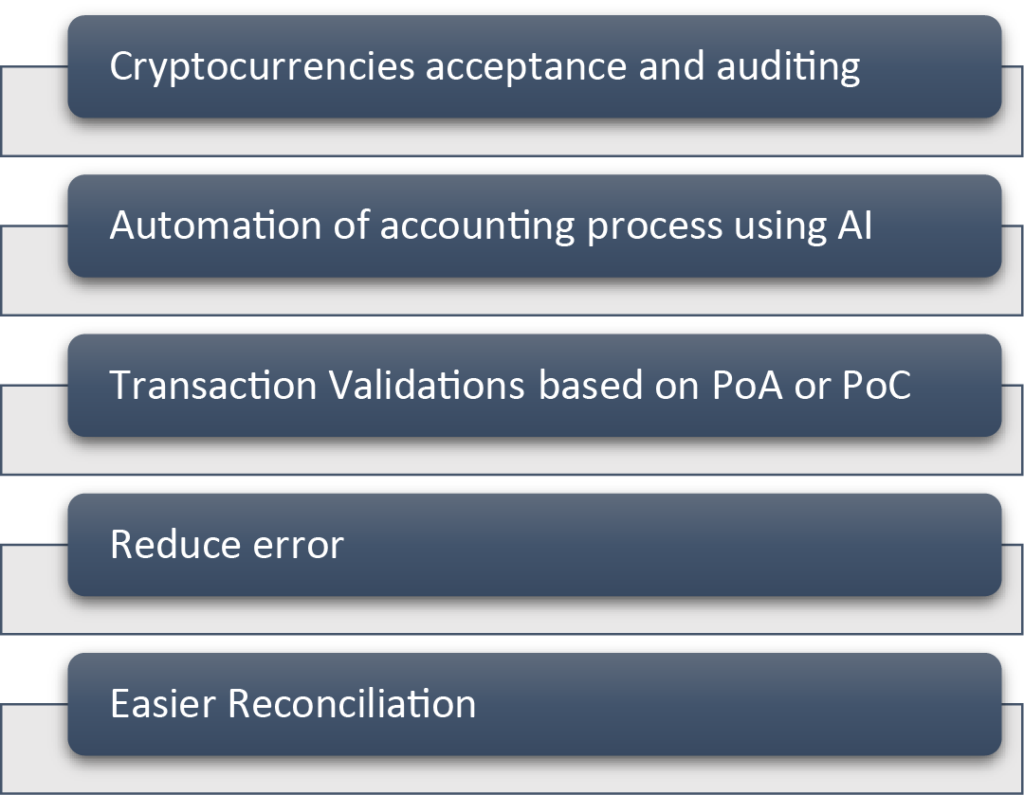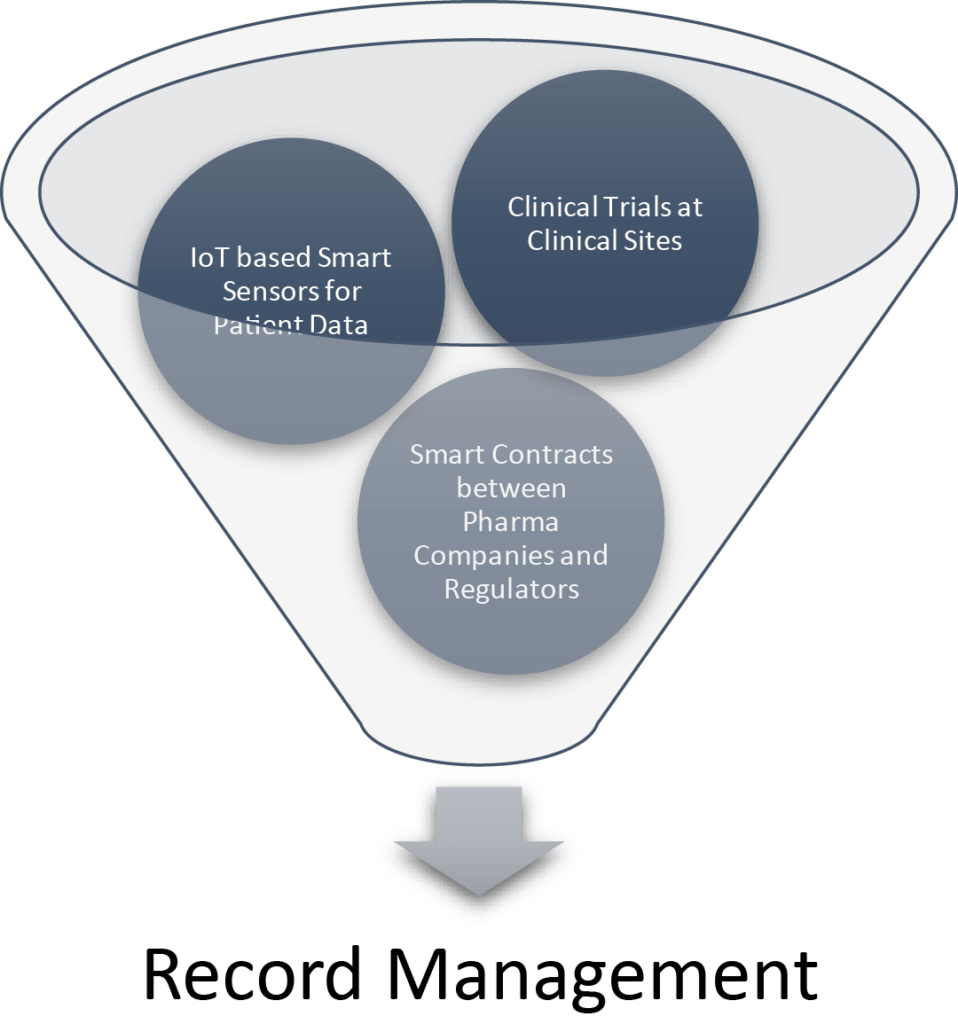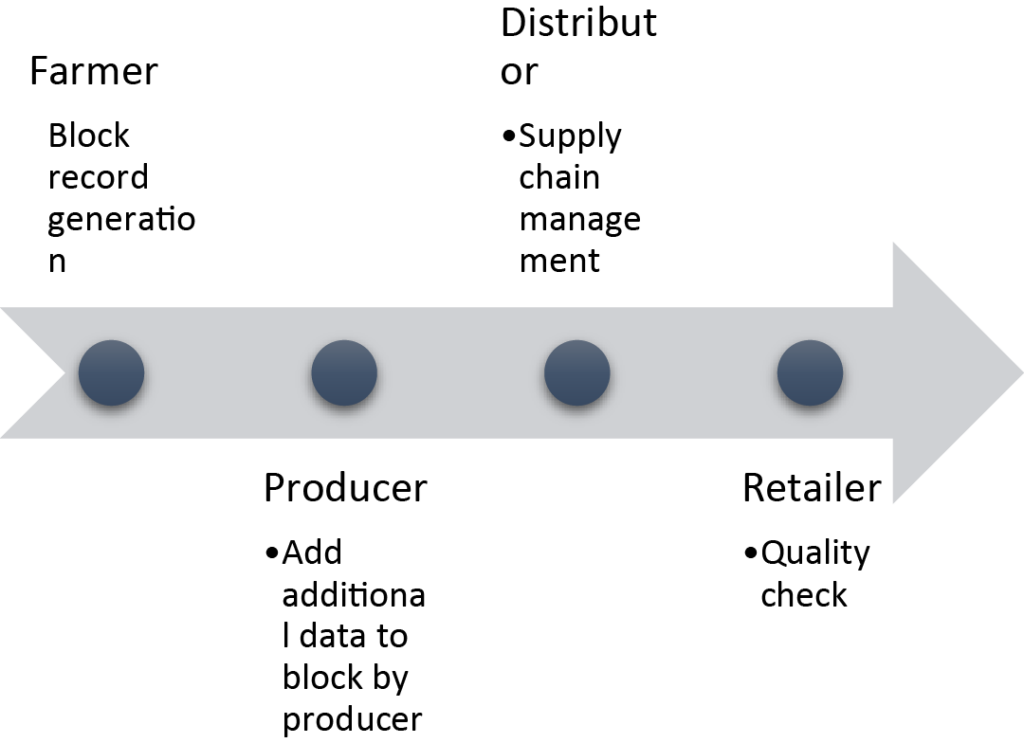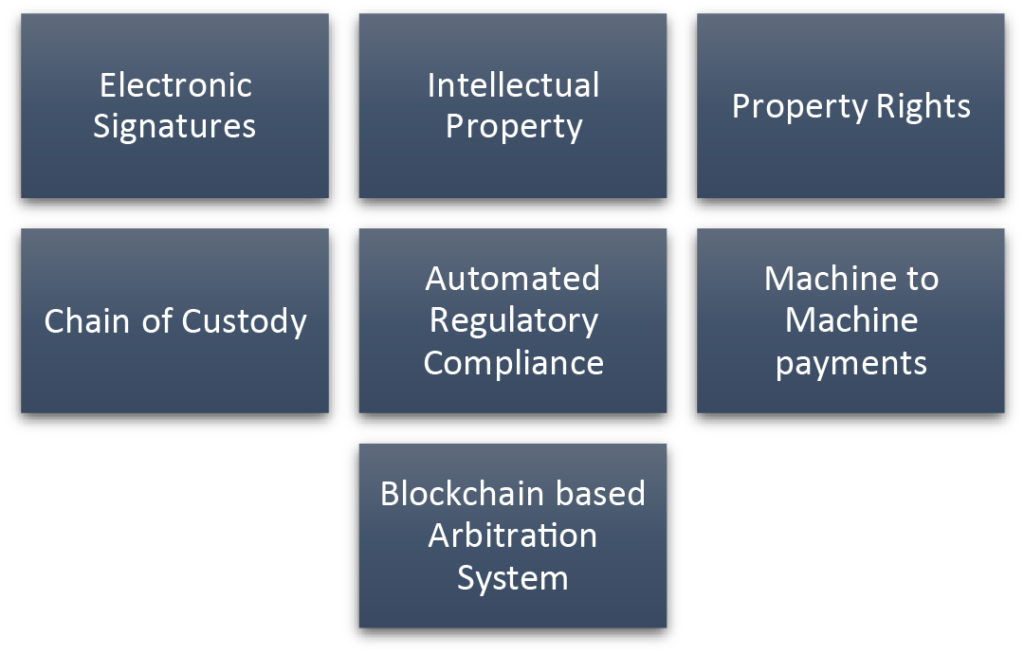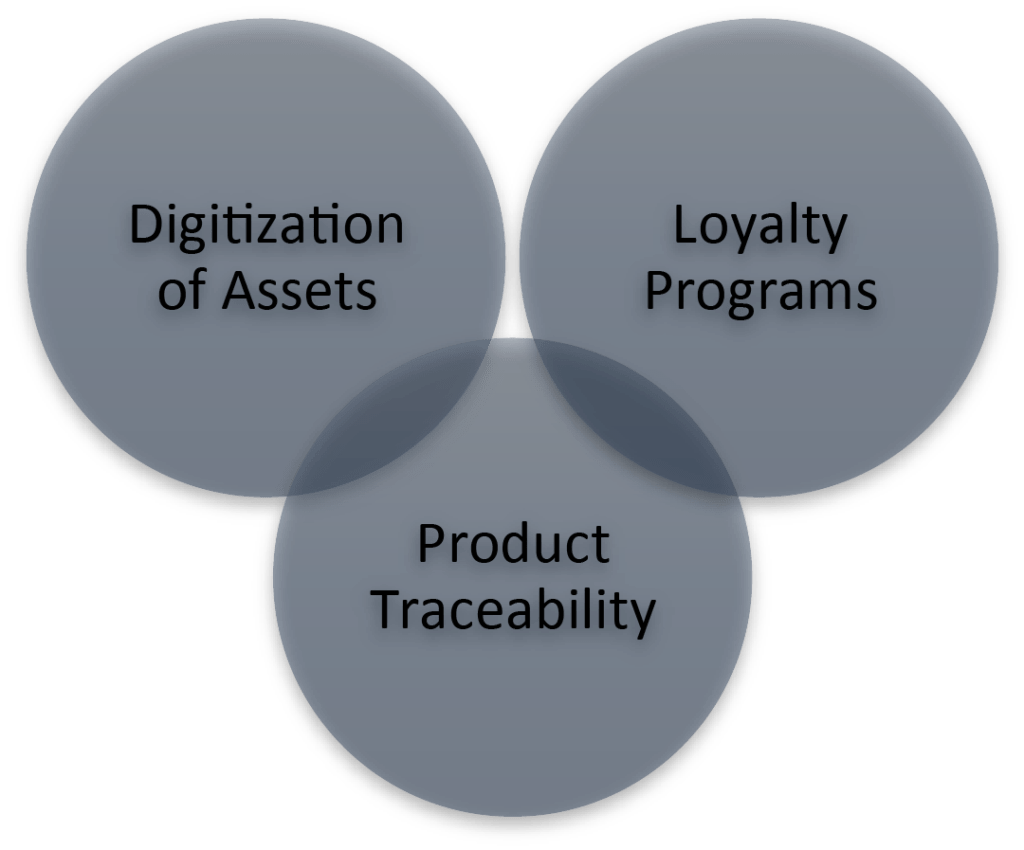The Distributed Ledger Technology popularly known as ‘Blockchain’ is a database of transaction records that is distributed, verified, and kept up to date globally by a network of computers. Blockchain records are governed by a wide community rather than a single central organisation, like a bank, and no one person has exclusive control over these records.
While Records on ‘Blockchain’ has
- No Central Authority
- Verifiability and Auditability
- Disintermediation
- Confidentiality and Integrity
- Robustness
So, the most popular and well-known usage of blockchain technology is CRYPTOCURRENCY. Satoshi Nakamoto started coding the most popular cryptocurrency ‘Bitcoin: a peer-to-peer electronic cash system’ in 2007. Now there more than 20,000 cryptocurrencies are in circulation in the world. [source: How Many Cryptocurrencies are There In 2023? (explodingtopics.com)].
So, a big section of society believes that Blockchain and cryptocurrency are synonymous. But wait, that is not true. The Distributed Ledger Technology popularly known as ‘Blockchain’ has a far bigger scope than cryptocurrency.
Blockchain technology is used in:
Finance Sector: Payments Across Borders
Money transfer from bank to bank will eliminate the 3rd Party. Blockchain-based startups seek to transform the payments system with an emphasis on the global receivables market of $9 trillion.
CDBC a Global Initiative & Invoice Exchange by CROWDz
Insurance Sector: Fraud Detection and Prevention
In order to prevent breaches, blockchain ensures that all transactions are time-stamped and immutable, meaning that nobody, not even the insurers, can alter the records. Additionally, this data can help in spotting patterns of questionable transactions that insurers might employ in their fraud detection algorithms.
Etherisc / openIDL by IBM
Accounting and Auditing: Eliminates Human Errors
Accountants may benefit from blockchain’s improved efficiency, decreased errors, easier reconciliation, lower costs, decreased fraud, improved regulatory compliance, and decreased auditing.
Price Waterhouse Cooper LLP
Supply-chain Management: Quality and Compliance
Blockchain can address key issues in SCM like Globalization, Fast-changing Market, Quality and Compliance, Lack of communication between departments, Manual order processing, etc. Blockchain can handle key and most crucial product transportation like Oil, Diamonds, National Defense, Healthcare, etc.
Abu Dhabi National Oil Company & IBM on Oil Supply Full Value Chain
Health care Management: Record Management
One of the main causes of the high price of pharmaceutical products is the danger and unpredictability of the clinical trial procedure. Blockchain streamlines patient and doctor communication during the experiment. Smart contracts can be defined to govern the rules of access for different entities.
Mediledger & Farma Trust
Media Industry: Content Security & Reliable Ratings
Further changes to the mass-market commodity of content and security procedures that compromise content security are what led to the advent of blockchain in the media sector.
CREATe For Privacy Protection
Election by Government: Voting
Responsible personnel must make sure that the following elements are accessible for effective voting: precise identity identification, secure vote tracking, and reliable counterparts for vote estimation.
Voatz
Land Revenue and Real-Estate Management: Transaction Recording and Validation
Trustworthy land revenue data records and mutation and transaction are recorded by any of the proofing methods either PoA or PoW. Authorities, Judiciary or regulatory bodies will be less burdened.
Casper.network
Food Industry: Reliable Food Safety
Control Food adulteration by tracking the movement of food items Farmer-Producer-Distributer-Retailer. Blockchain will not only ensure safe transportation but also keep a check on quality.
CHINA – Blockchain Food Safety Partnership & United Arab Emirates – Food Watch
Legal Industry: Smart Contracts
Lawyers may use Blockchain to streamline and simplify their transactional work, as well as digitally sign and store legal agreements in an immutable manner. Many laborious activities may now be automated, reducing the time spent creating and modifying legal papers dramatically.
Kleros and Jury Online
Retail Fashion and Luxury: Improved Brand Authenticity and Customer Trust
Brands can tokenize non-fungible assets using blockchain technology to make them simple to store, acquire, exchange, and trade. On a brand’s website, customers can create and validate their ownership of a luxury asset, which can then be transferred to another person.
Gucci / Louis Vuitton / H&M Loop
Sports and e-Sports: Crowd Funding and Share Agreements
Athletes can also use Blockchain to use income share agreements to crowdfund their performances. In order to create new opportunities for fan engagement, blockchain is rethinking the fan experience. Blockchain has established new revenue streams for teams and clubs while monetizing fan involvement through tokenized teams and loyalty reward programmes
Fan Tokens By Manchester City & FC Barcelona





